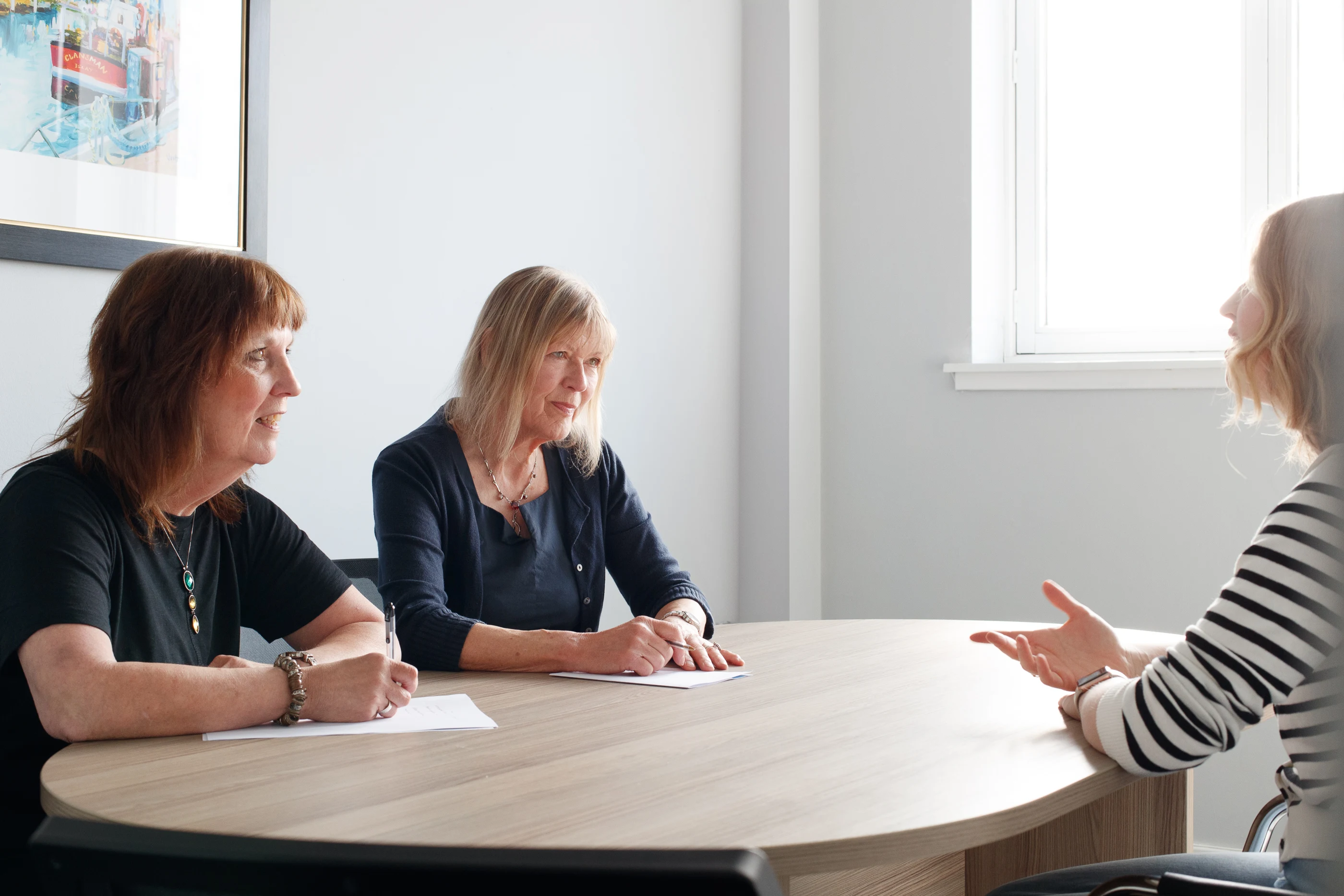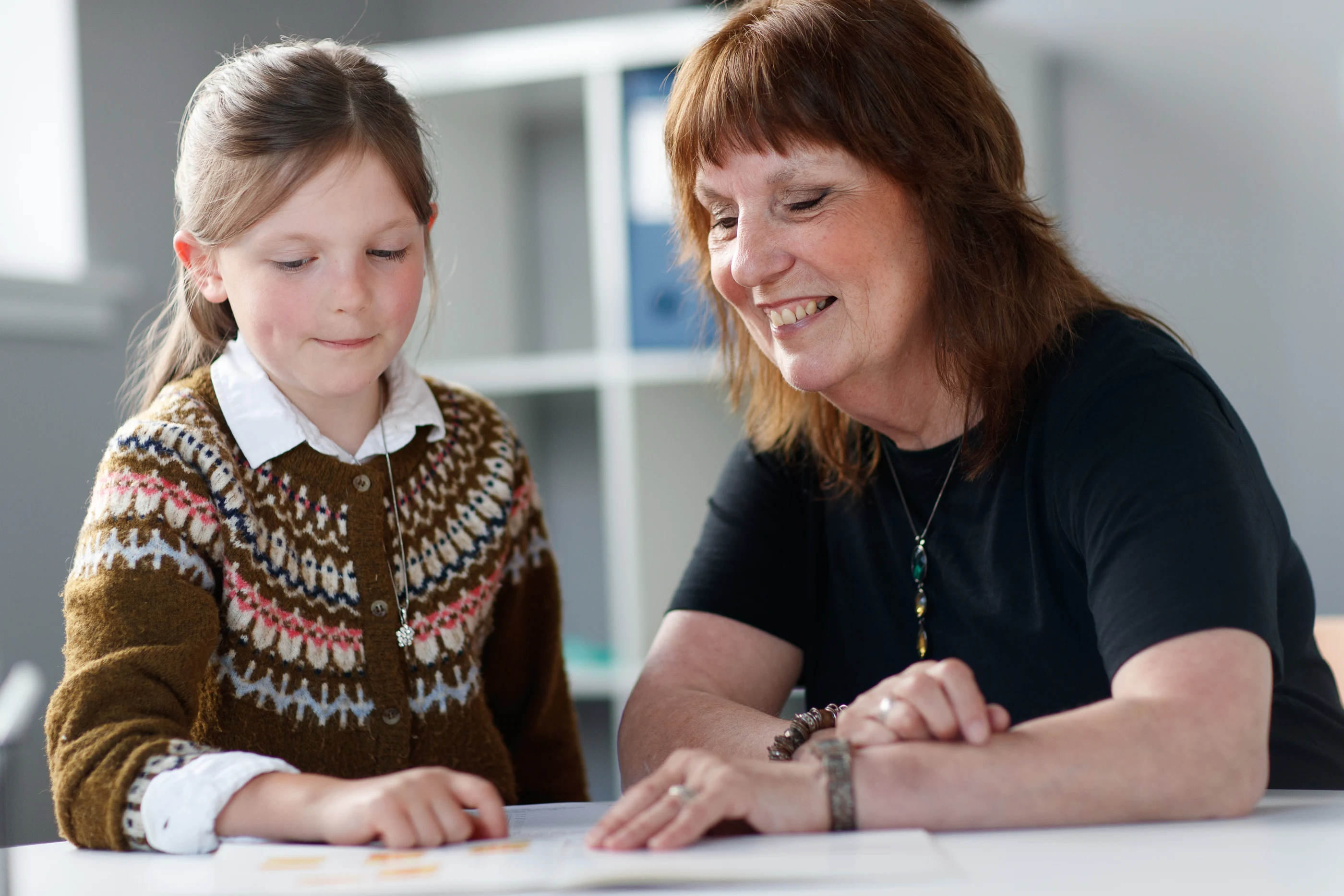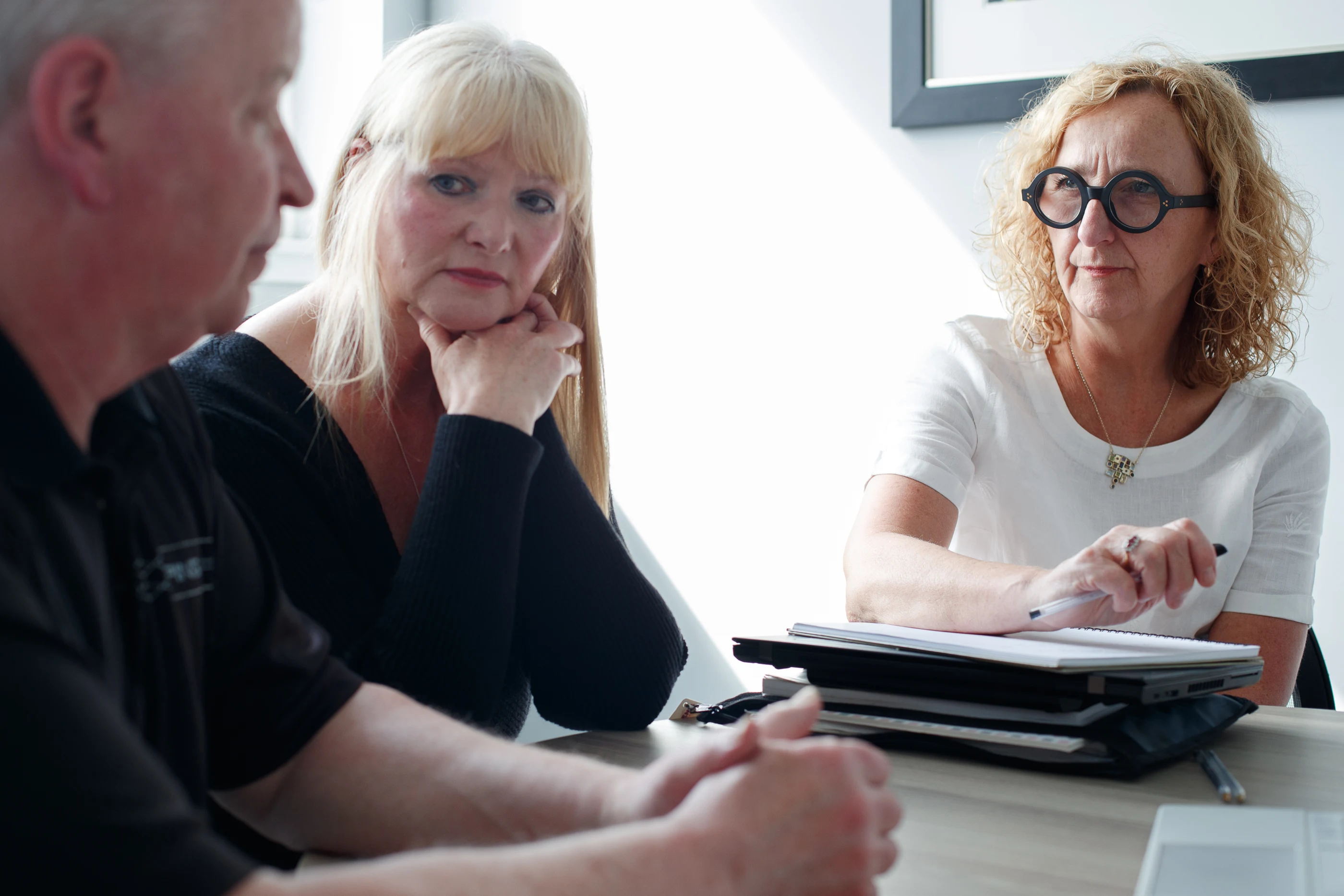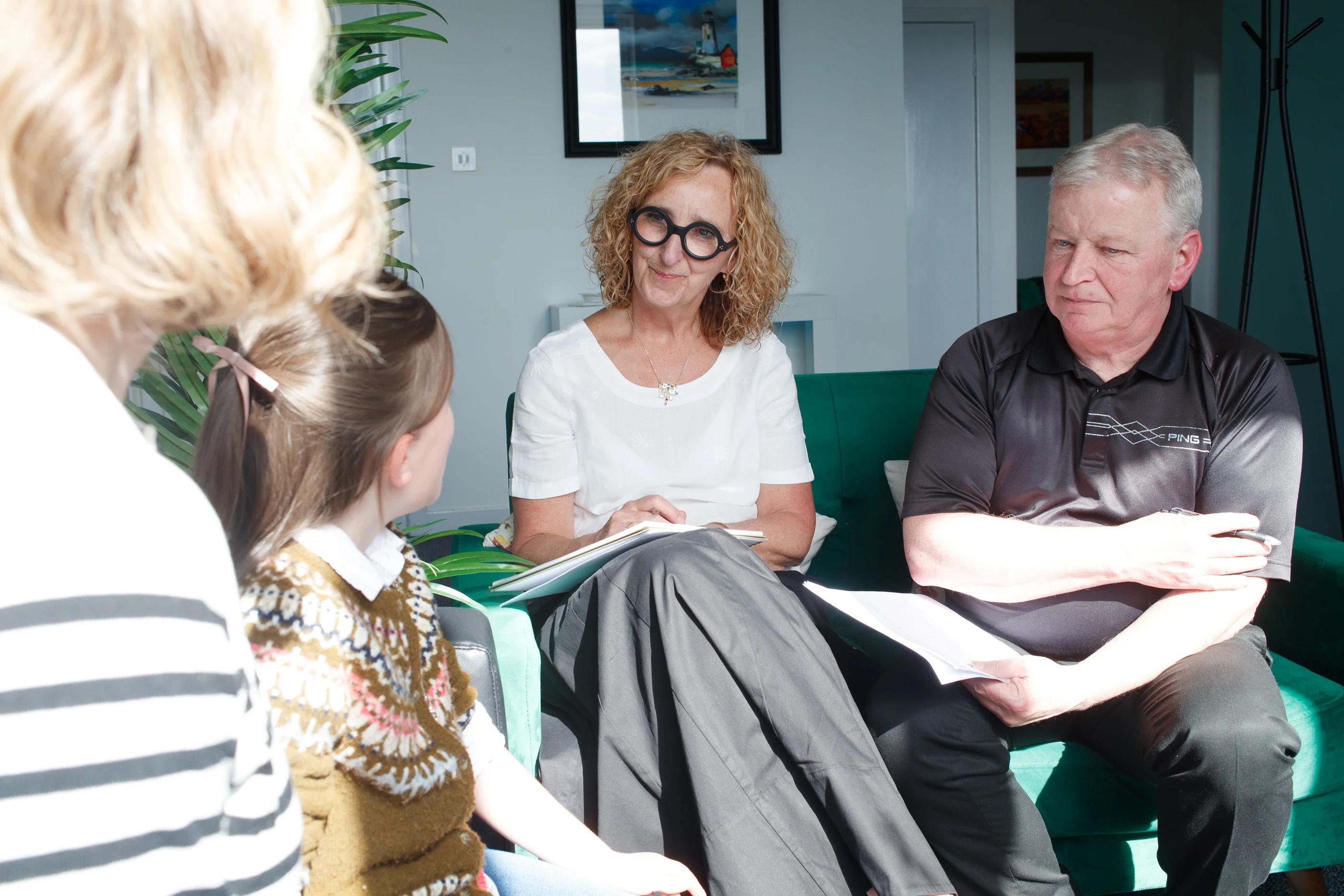Autism assessment for children & adolescents
£2,186
£2,186
Autism presents differently in each child. Some show signs early, while others struggle more as social and academic demands grow. Identifying autism can be crucial in helping them access the support they need to thrive.
We assess children from the age of six and adolescents between the ages 12-16. For children younger than six, we may first gather information from parents before advising whether a full assessment is appropriate. Some early difficulties may look like autism but stem from other causes, and a clearer picture often emerges over time with input from schools and healthcare providers.
Some indicators of autism in children and adolescents include:
Unusual or delayed development of early language skills
Concerns at nursery or school, such as difficulties in mixing with other children, issues making and keeping friends, or choosing to play alone
Repetitive behaviours like hand flapping, rocking, or lining up toys in a specific order
Relying on strict routines and getting very upset by small changes
Overwhelmed by sensory inputs such as sounds, lights, or textures
Fixating on specific routines, like eating only one colour of food or repeatedly watching the same TV programme
Provide a clearer understanding of your child’s behaviours and needs
Open doors to appropriate educational and therapeutic support
Help family members, teachers, and peers better understand and support your child
Ensure that any previous misdiagnoses or misunderstandings are corrected
Identify whether autism is the best explanation or if other factors should be explored
We know the prospect of a formal assessment can feel daunting. That’s why our assessment process is designed to ensure you feel informed and supported every step of the way.
All our assessments are conducted face-to-face at our diagnostic centre in Glasgow to provide the most thorough and accurate results. Curious about why face-to-face assessments are important? Please see our FAQs page.
In exceptional circumstances, we can offer online assessments, such as when someone cannot travel to the centre. However, if we have any doubts about the outcome of an online assessment, we'll arrange a further face-to-face follow-up (at no extra cost) to ensure the results are accurate. The in-person assessment usually lasts around two hours, though this may vary depending on the point at which team have the information needed to reach a confident conclusion.





